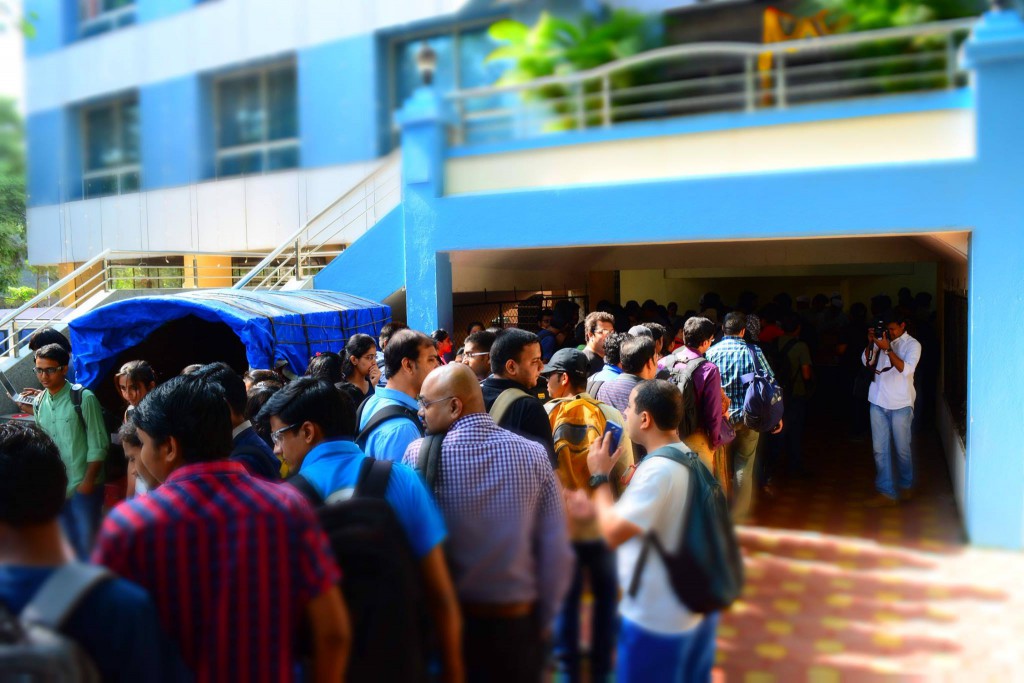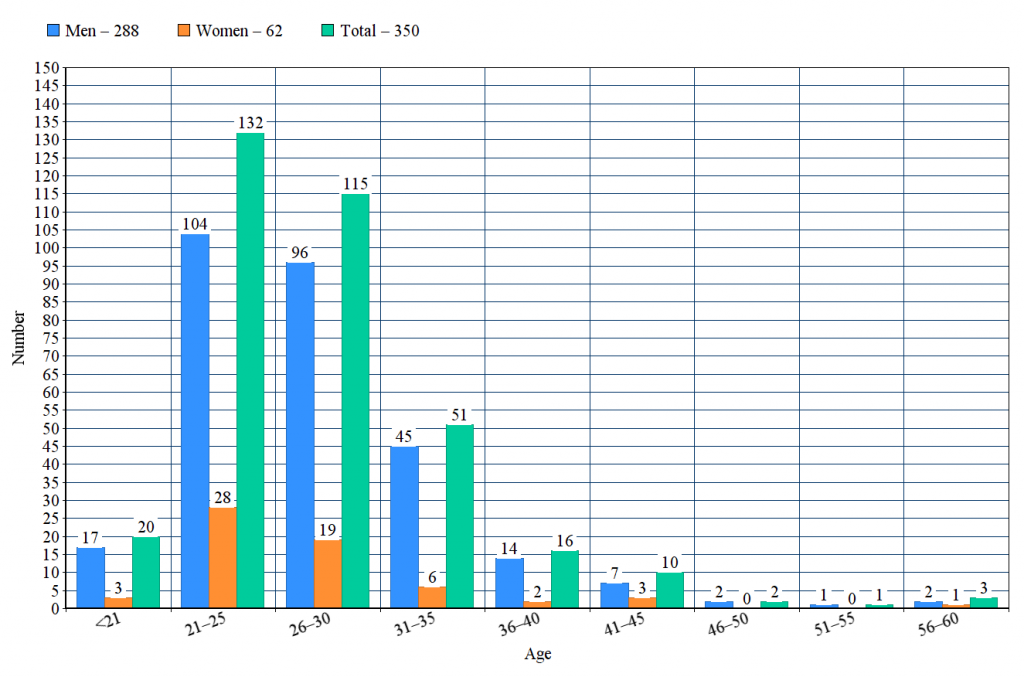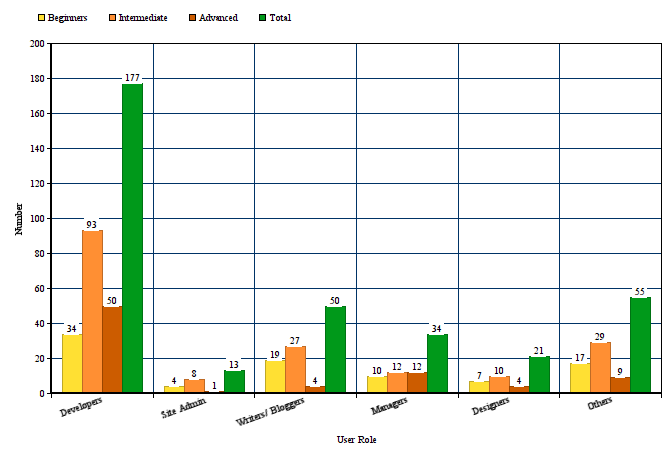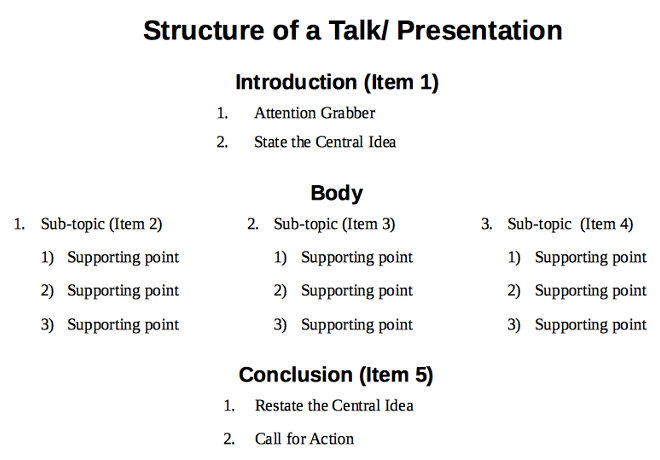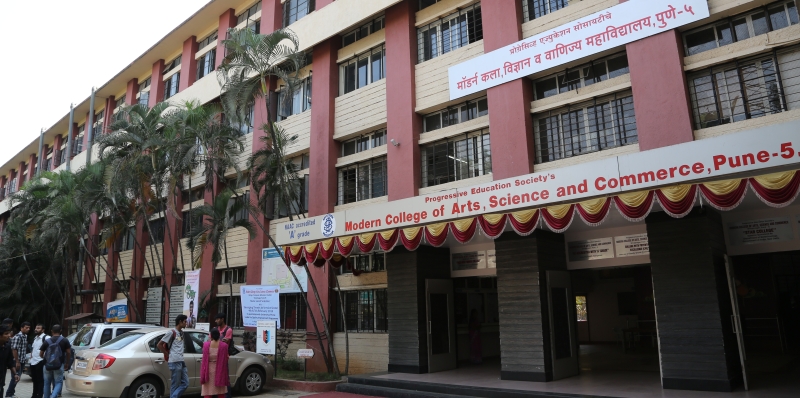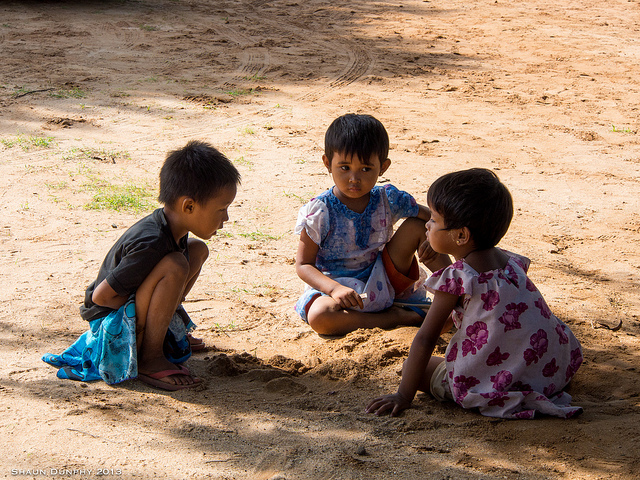What and Why this?
Beginning with this post, over the next few days, we revisit WordCamp Pune 2015. We have introspected and received feedback on various aspects of the WordCamp. Fortunately and this shows the awesomeness of the community, we’ve only received constructive feedback. That is, when people pointed out something that went wrong, they also offered their observations, advice and/ or help.
In the rapidly growing but very new WordPress community in India, we hope our experience helps. We also hope we can get more advice and help from the community.
In this part, we discuss the most controversial and debated part, the Schedule! 😉
The schedule could have been simpler
We gave custom room names based on the names of the nearby peaks. In our excitement, we took a bad UI decision. It was a confusing and difficult mental model to work with, for even us! 😉 Rooms have names or numbers that everybody in the institute knows them by, for years. We should’ve stuck to it!
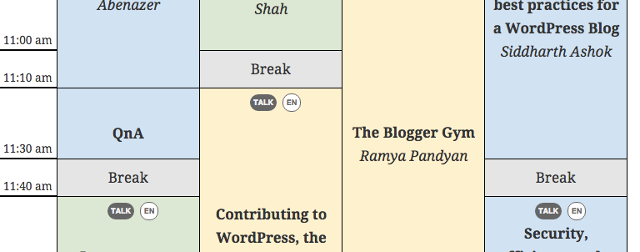
Because we scheduled sessions of different lengths alongside each other, the breaks were weird and haphazard. All sessions in all tracks should’ve started and ended at the same time.
4 tracks = 4 rooms is simple. 4 tracks = 5 rooms is confusing and troublesome.
We looked for a venue that had an auditorium for 500 people. The auditorium never had more than 200 people at any given moment. So, in hindsight, we ended up restricting our venue options. In a multi track event of 500 people, the largest room you need is for 200 – 250, if you have more than two tracks.
Multi-track sessions were a little difficult to navigate

4 tracks, 5 rooms was a bit too much. The names were confusing for everyone and the distance between the auditorium and the other rooms got people tired. Even though it was short, we had to walk multiple times during the day.
Although, we received some amount of criticism for having parallel tracks, we now know it was one of the good ideas. Parallel tracks helped us cover more knowledge and get enthusiastic speakers for an interested audience.
However, our mental models are going to be simpler. We’ll take out the separate local language tracks and mix them into the regular three tracks that we had and will have at the next WordCamp, user, business/ community and developer. 3 tracks = 3 rooms!
Too much for one day
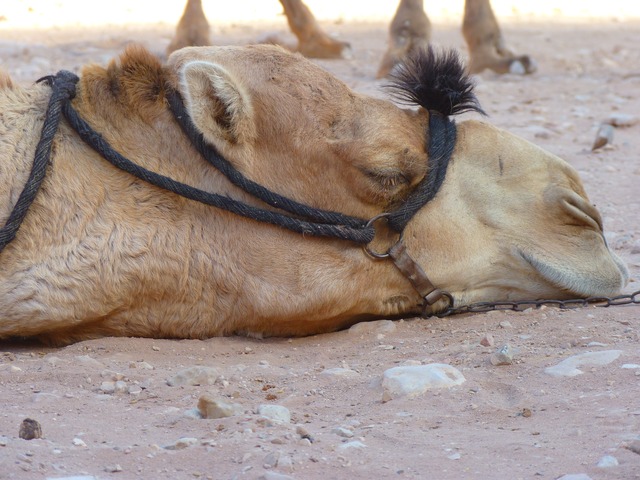
A person could end up attending 10 sessions in the 8-9 hours they were at the WordCamp from 32 total sessions. That’s a lot of activity in one day and people did get exhausted!
Some of the extra activities we planned didn’t take of at all like the Buddy program and the Selfie/ Treasure Hunt. These are great ideas with potential and we’d still like to explore them.
Some other activities like the lounges didn’t have great participation. These are ideas that are new and will take time to fit into audience’s idea of a conference and we’d still like to give them a chance. It’s like a meetup – 2 people turn up the first time and soon, you have 20 people coming in! 🙂
Not enough time to socialise

Some people felt that one day was not enough to socialise. Ideally, if it is a two day WordCamp, the first day people meet and get introduced. The whole day of WordCamp experience gets them get talking and interacting.
Also, with so many activities in one day, people are tired by the end of the day. We know that because the after-party turnout was quite low.
So, we are considering a two day WordCamp the next year with the first day similar to the conference pattern and the second day we explore more impromptu discussions, lounges and fun in a more casual location. Something like a day long afterparty. However, this is still just a thought that we’ll explore further when we start planning the next WordCamp.
You can have a say

We met a lot of people who said they wanted to volunteer and help organise WordCamp Pune after we had finalised everything. If you are one of those, please get in touch with us to get your ideas in early and join the team.
